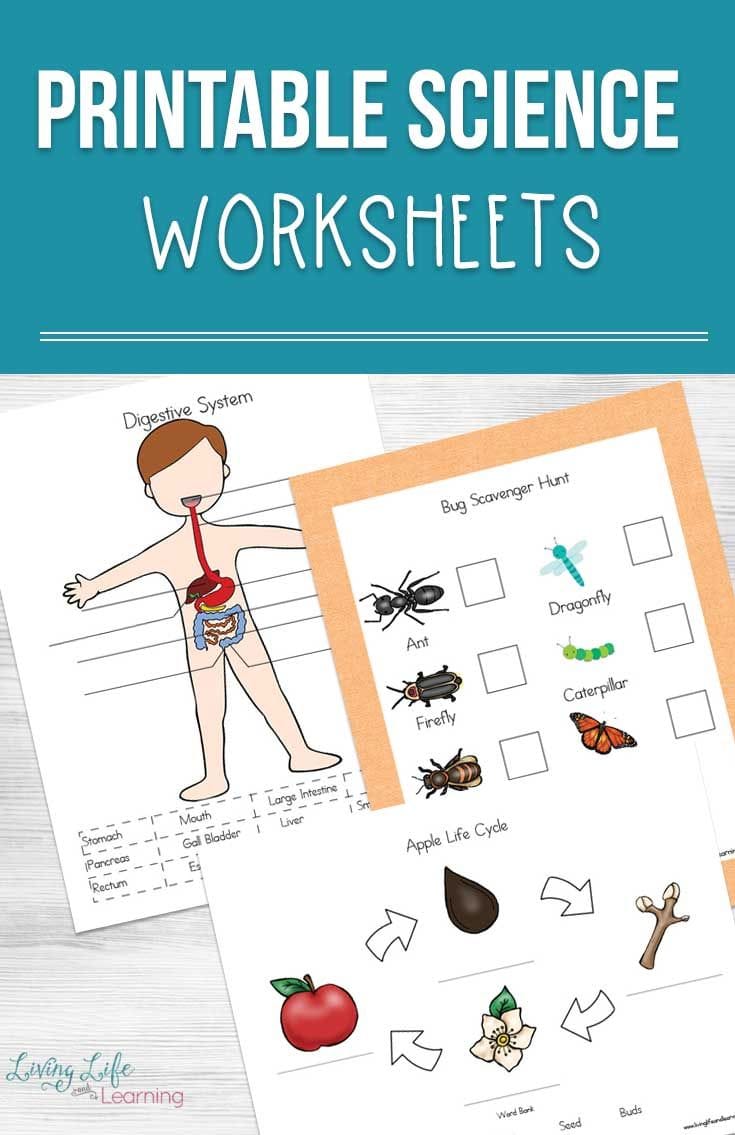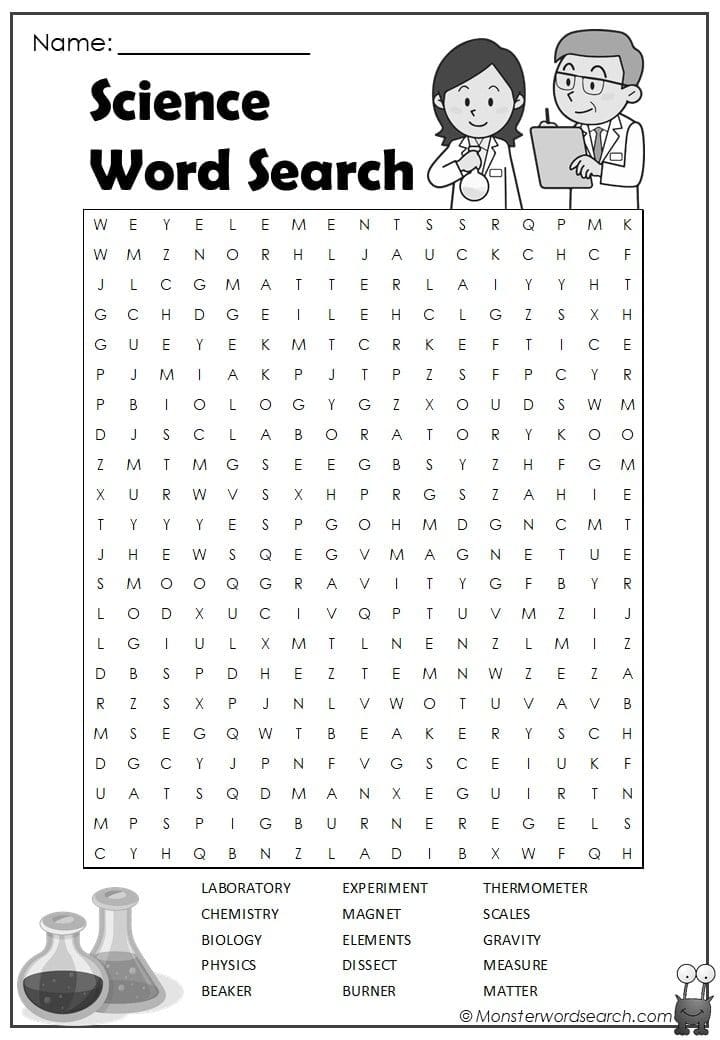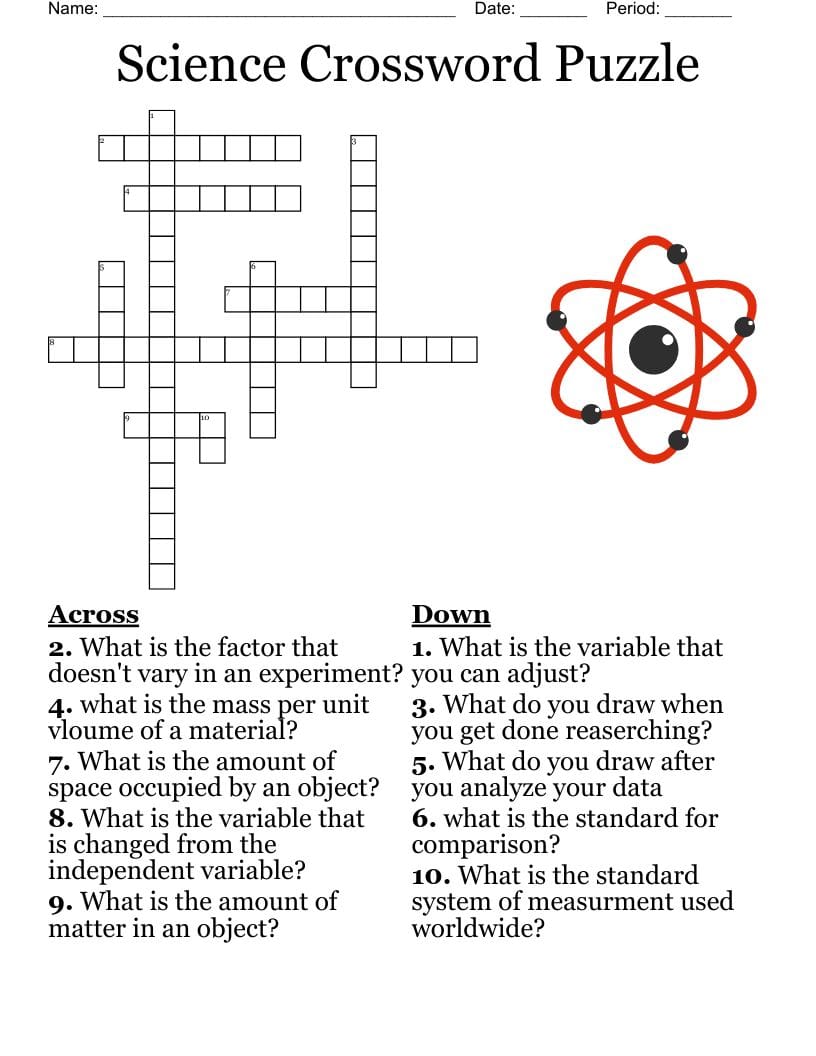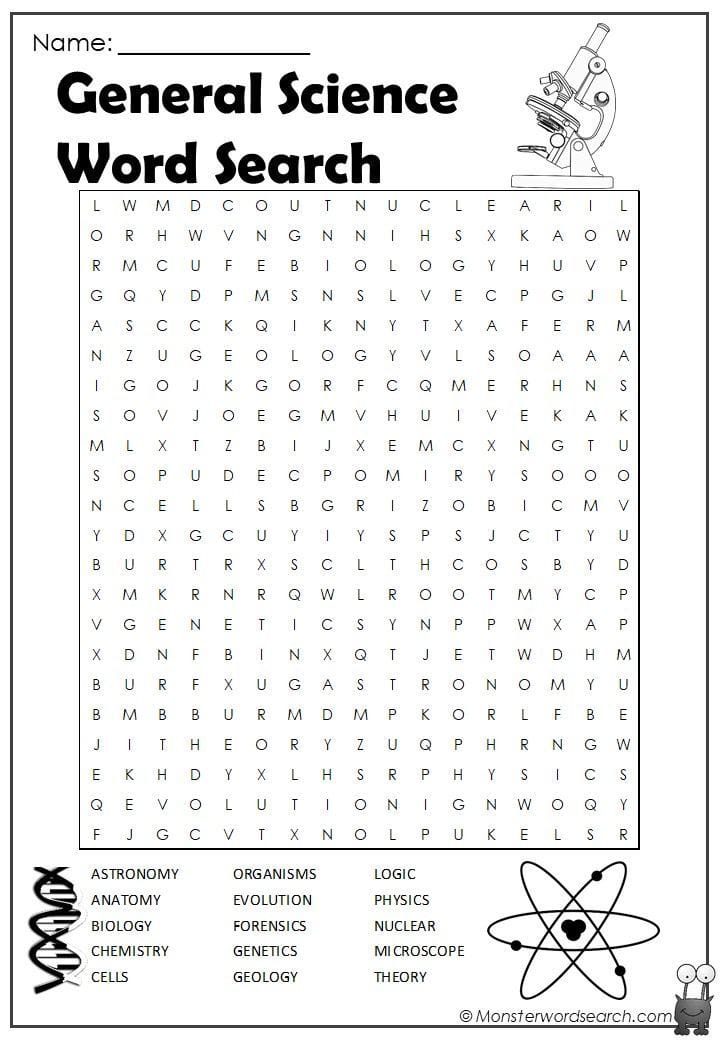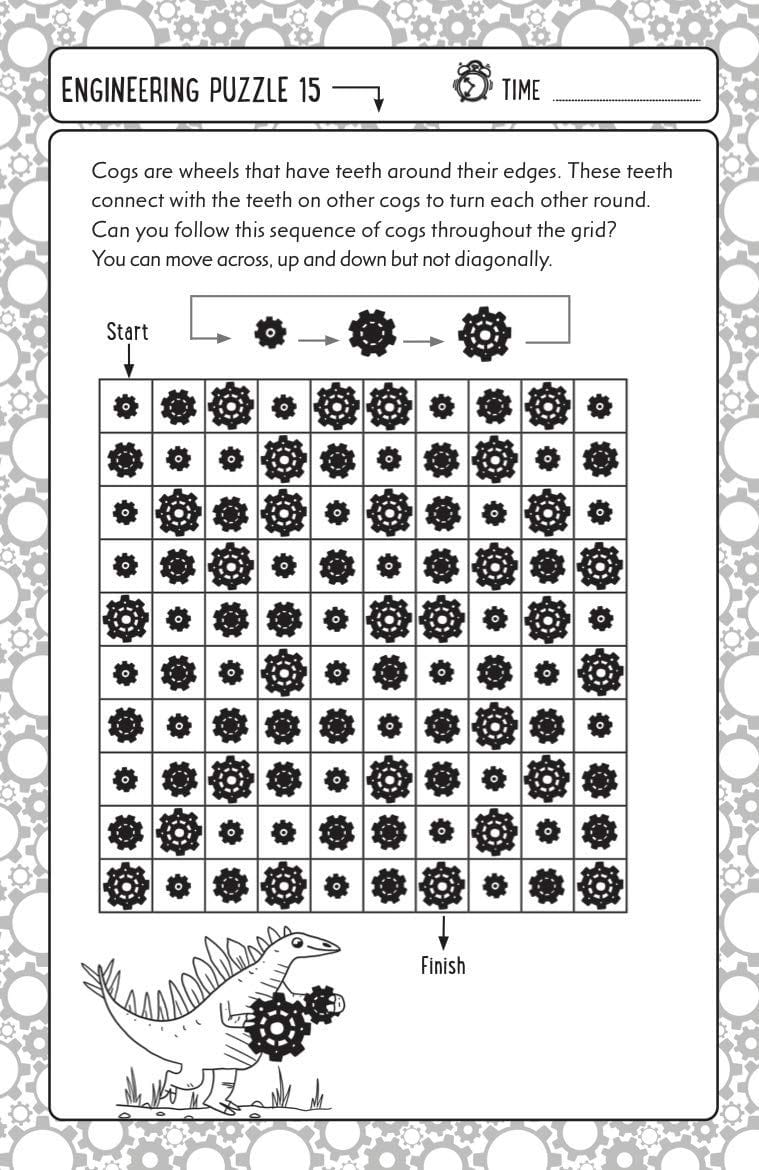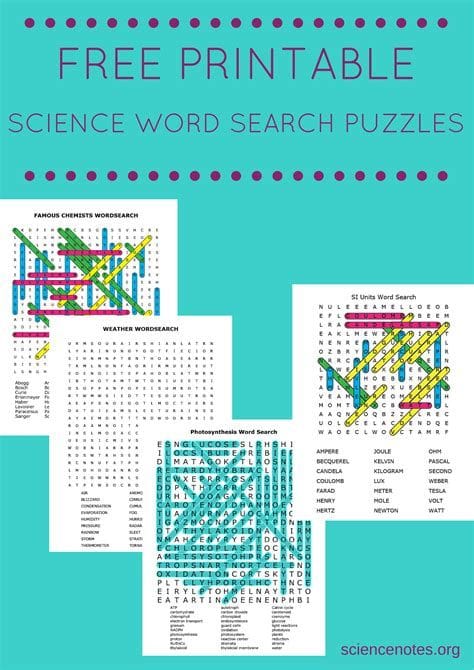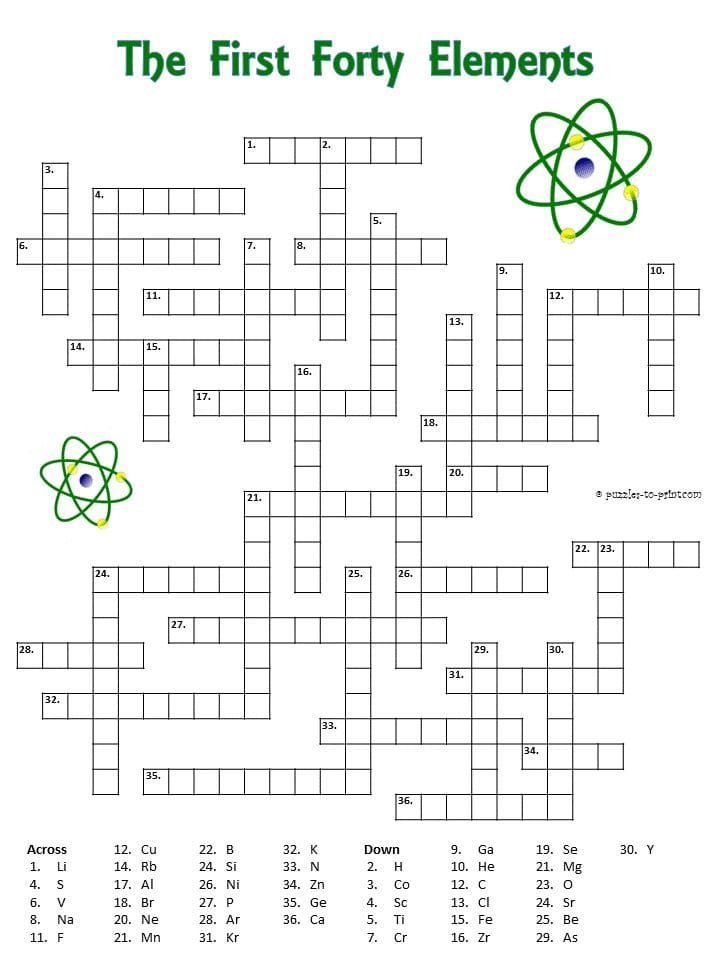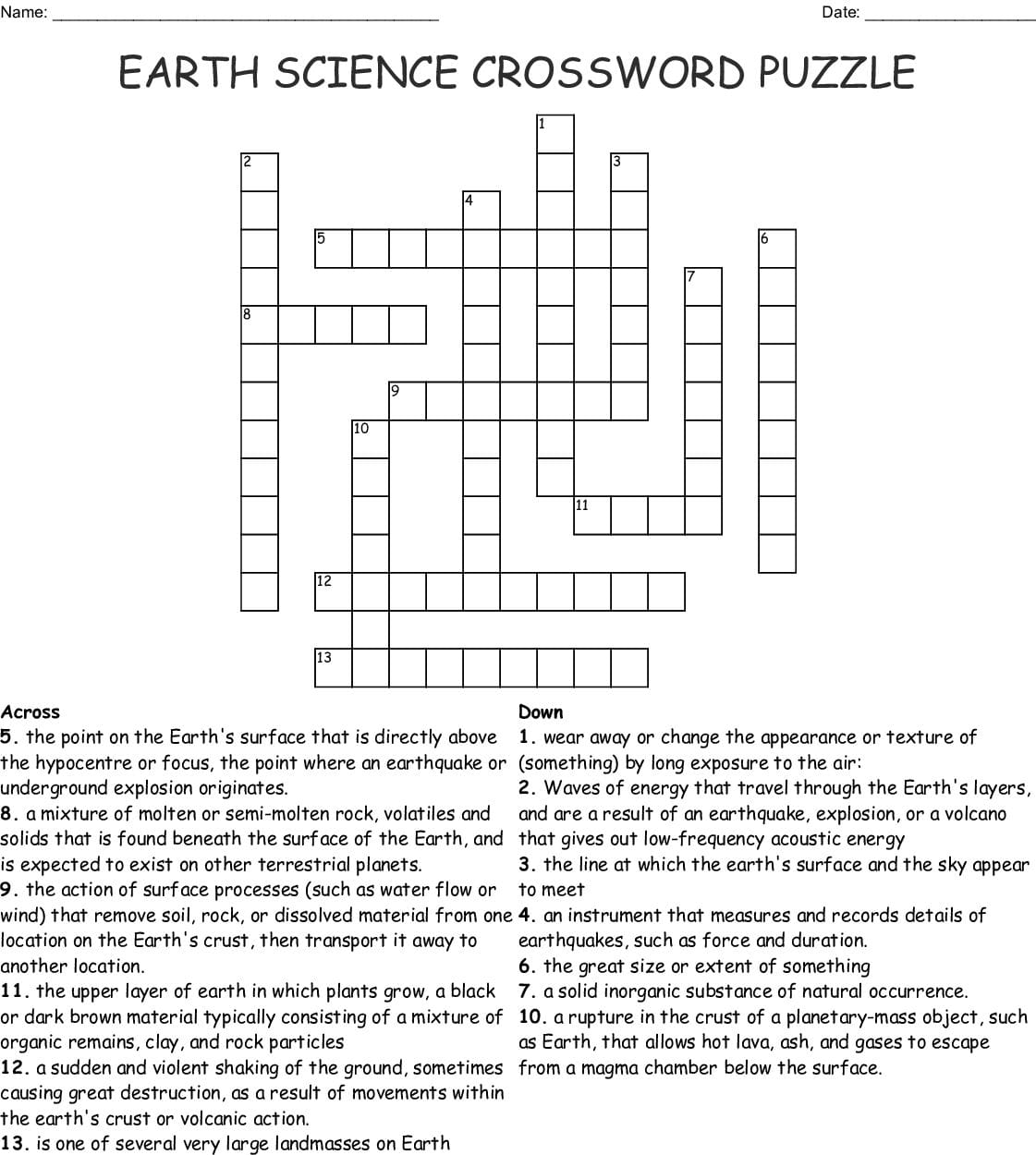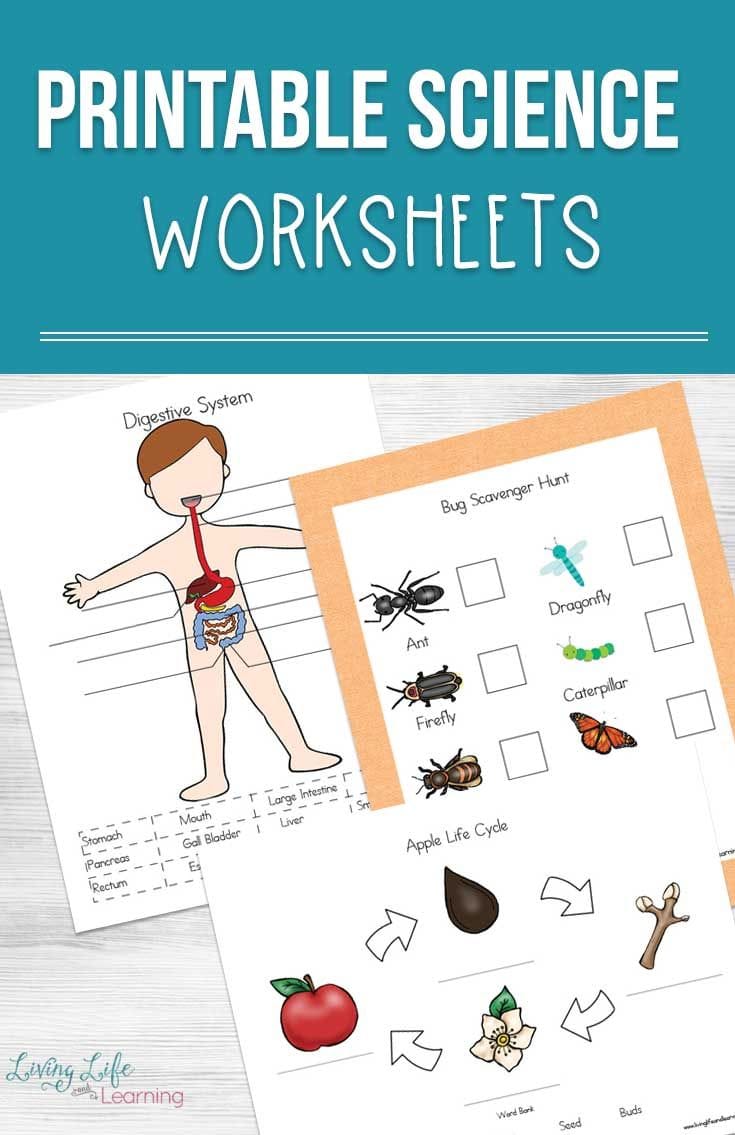
Learning science can be a fun and engaging experience for kids, and what better way to do so than with puzzles? Puzzles are an excellent way to develop critical thinking, problem-solving skills, and hand-eye coordination in children. In this article, we will explore the world of science puzzles for kids and provide you with 7 free printable science puzzles that you can try with your little ones.
Science puzzles are a great way to introduce kids to various scientific concepts in an interactive and entertaining manner. They can help children develop a deeper understanding of the natural world, foster curiosity, and encourage them to ask questions. Moreover, puzzles can be adapted to different age groups and learning levels, making them an excellent tool for homeschooling or classroom activities.
Benefits of Science Puzzles for Kids
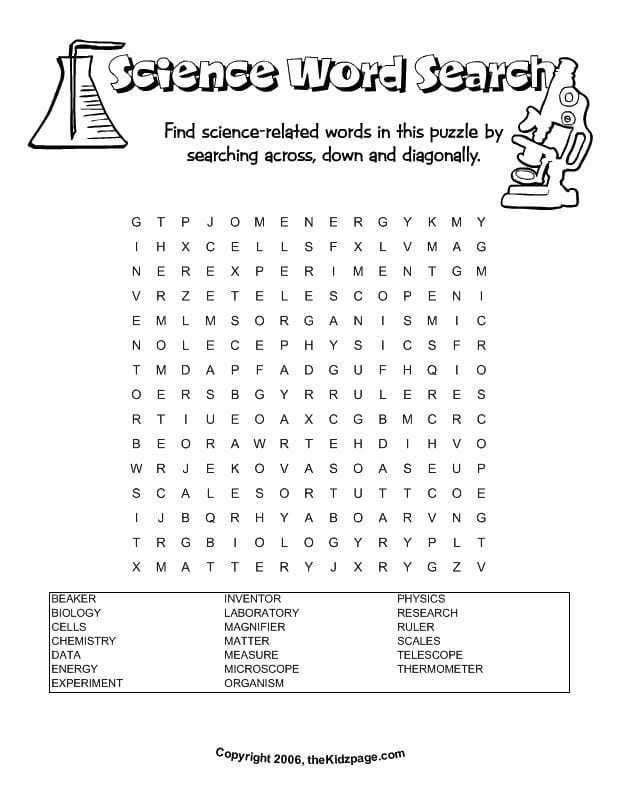
Science puzzles offer numerous benefits for kids, including:
Developing critical thinking and problem-solving skills Enhancing hand-eye coordination and fine motor skills Introducing scientific concepts in an engaging and interactive way Encouraging curiosity and a love for learning Building confidence and self-esteem Fostering collaboration and teamwork
Types of Science Puzzles for Kids
There are various types of science puzzles suitable for kids, including:
Word searches and crosswords Mazes and labyrinths Logic puzzles and brain teasers Science-themed jigsaw puzzles Connect-the-dot activities
7 Free Printable Science Puzzles for Kids
Here are 7 free printable science puzzles for kids that you can try:
Puzzle 1: Human Body Systems Word Search
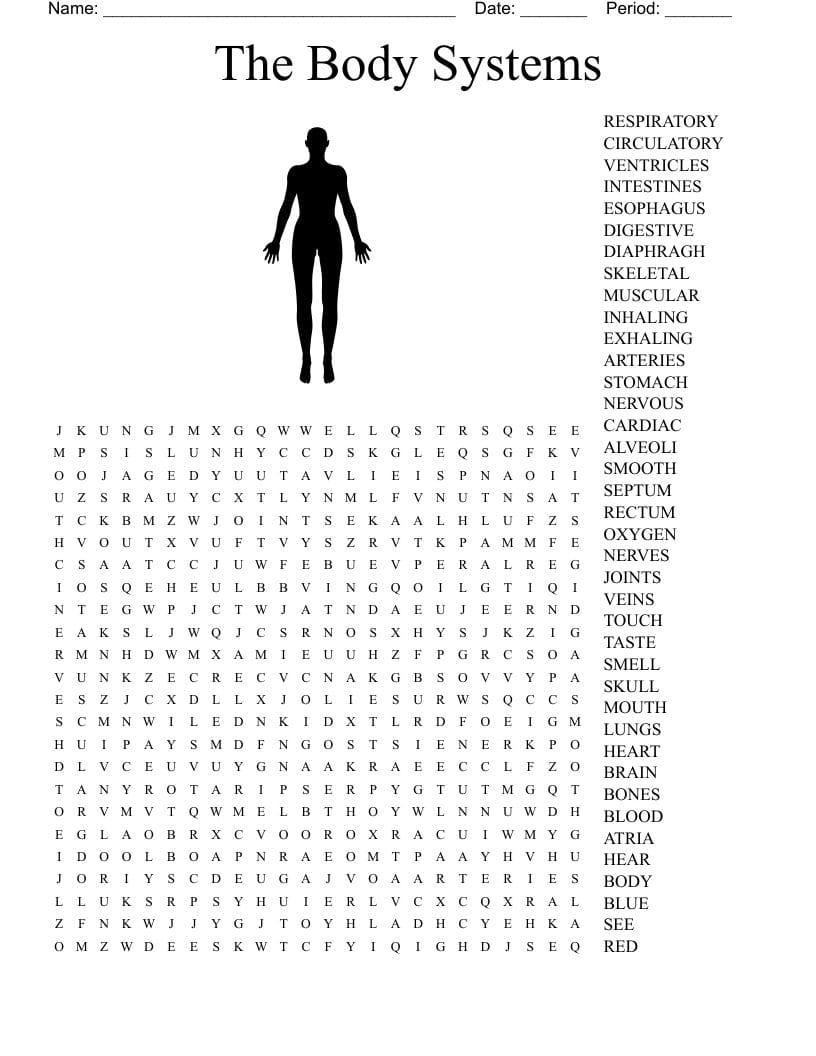
This word search puzzle introduces kids to the different systems of the human body, such as the skeletal, muscular, and circulatory systems.
Puzzle 2: Solar System Maze
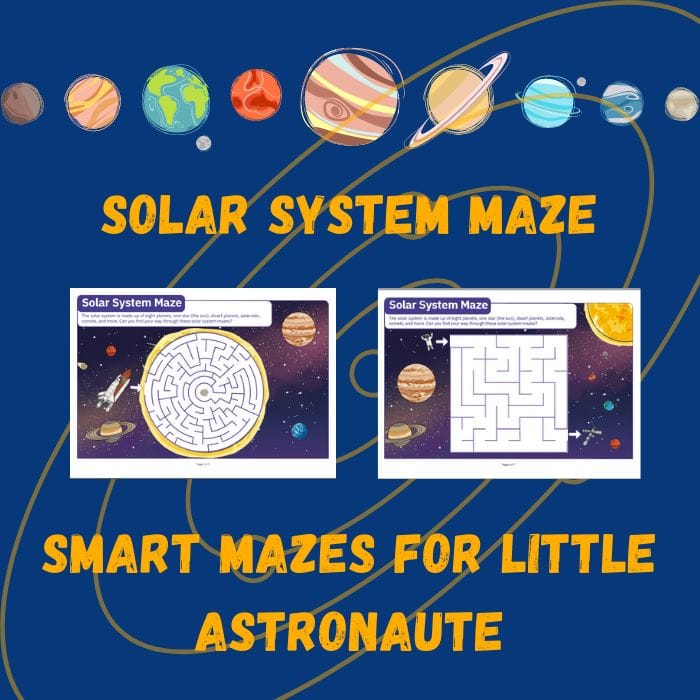
This maze puzzle takes kids on a journey through the solar system, introducing them to the different planets and their relative sizes.
Puzzle 3: Plant Life Cycle Connect-the-Dot
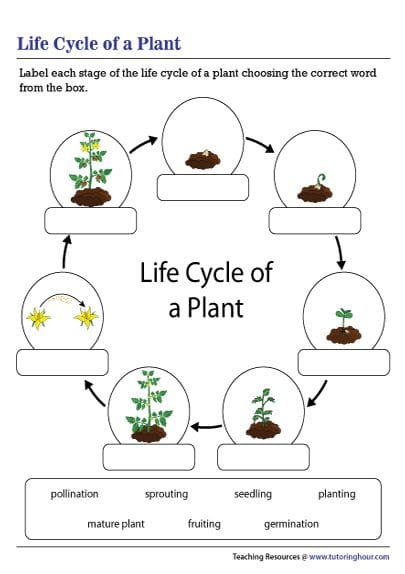
This connect-the-dot activity introduces kids to the life cycle of plants, from seed germination to growth and reproduction.
Puzzle 4: Animal Habitat Logic Puzzle
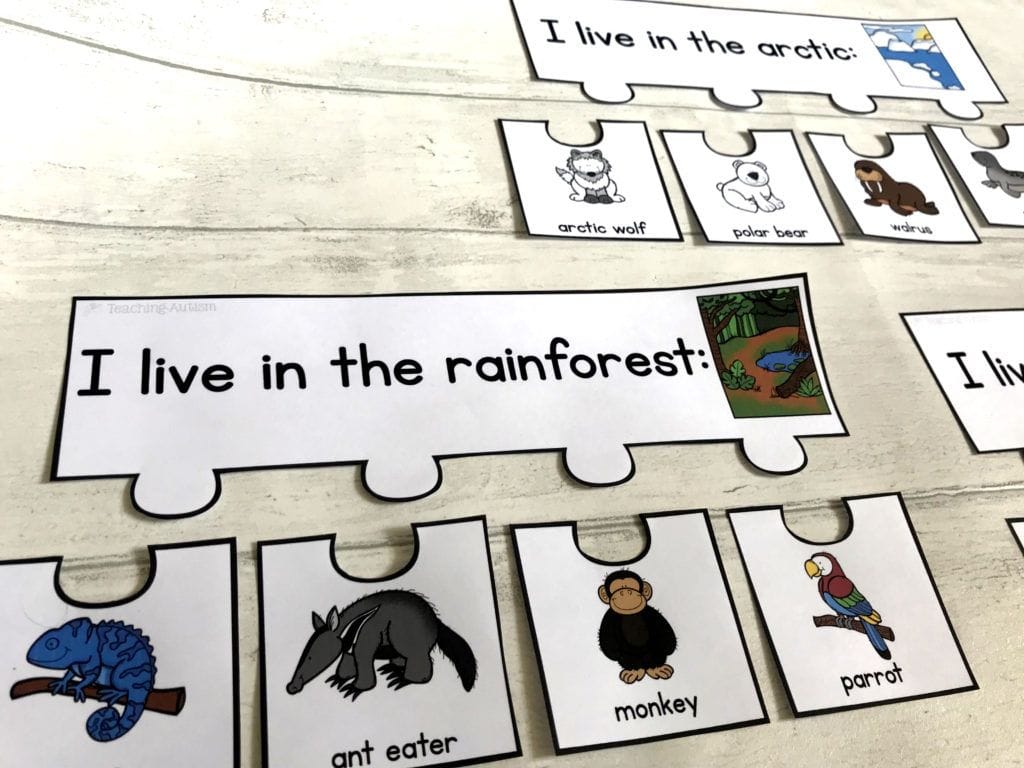
This logic puzzle introduces kids to different animal habitats, such as deserts, forests, and oceans, and challenges them to match the animals with their respective habitats.
Puzzle 5: Weather Forecasting Word Scramble
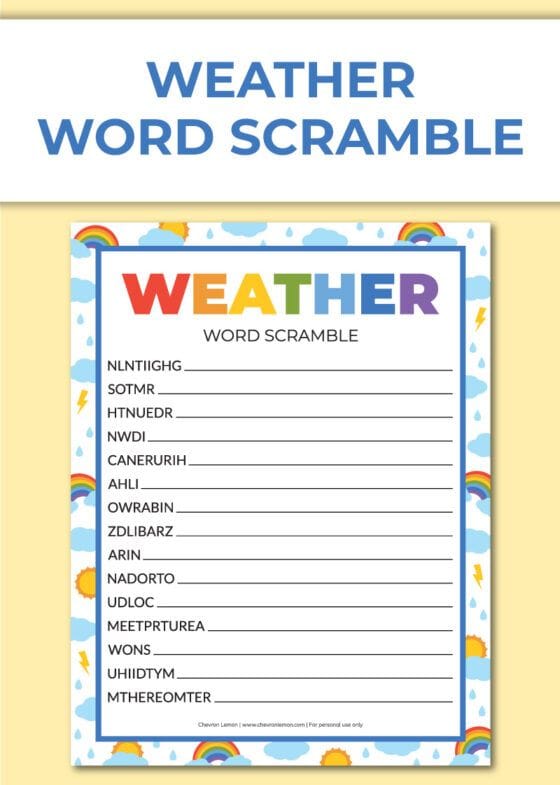
This word scramble puzzle introduces kids to different weather forecasting terms, such as "cloudy," "sunny," and "rainy," and challenges them to unscramble the words.
Puzzle 6: Fossil Record Jigsaw Puzzle

This jigsaw puzzle introduces kids to the concept of fossil records and the different types of fossils that can be found.
Puzzle 7: Environmental Conservation Crossword
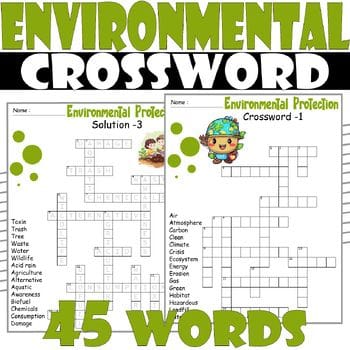
This crossword puzzle introduces kids to different environmental conservation terms, such as "recycling," "conservation," and "sustainability," and challenges them to complete the puzzle.
Conclusion
Science puzzles are an excellent way to introduce kids to various scientific concepts in an interactive and entertaining manner. They can help children develop critical thinking, problem-solving skills, and hand-eye coordination, while fostering curiosity and a love for learning. With these 7 free printable science puzzles, you can provide your kids with a fun and engaging way to learn about science and the natural world.
What are the benefits of science puzzles for kids?
+Science puzzles offer numerous benefits for kids, including developing critical thinking and problem-solving skills, enhancing hand-eye coordination and fine motor skills, introducing scientific concepts in an engaging and interactive way, encouraging curiosity and a love for learning, building confidence and self-esteem, and fostering collaboration and teamwork.
What types of science puzzles are suitable for kids?
+There are various types of science puzzles suitable for kids, including word searches and crosswords, mazes and labyrinths, logic puzzles and brain teasers, science-themed jigsaw puzzles, and connect-the-dot activities.
How can I use science puzzles in my homeschooling or classroom activities?
+Science puzzles can be adapted to different age groups and learning levels, making them an excellent tool for homeschooling or classroom activities. You can use them as a supplement to your existing curriculum, as a fun and interactive way to introduce scientific concepts, or as a challenging activity to develop critical thinking and problem-solving skills.
Gallery of 7 Free Printable Science Puzzles For Kids
